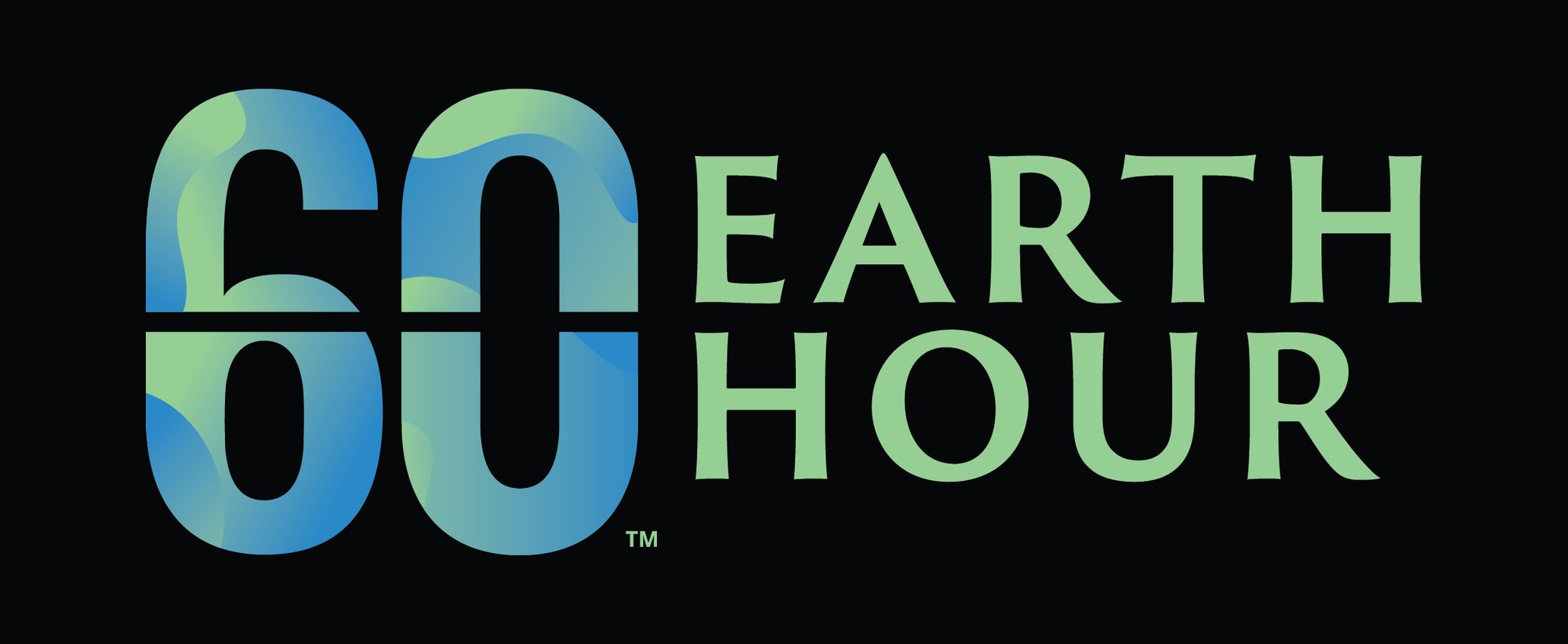Learn about the issues
I want to learn more about:
Nature loss & biodiversity
Nature underpins everything around us - from the food we eat, the water we drink, and the air we breathe, to our very livelihoods and quality of life. Nature is vital for all our futures and and is one of our strongest allies against the climate crisis - and yet, the rate of global loss of nature in the last 50 years is unprecedented in human history.
Climate change
The climate crisis is one of the greatest challenges humanity has ever faced. It affects every corner of our planet – from the poles to the tropics, and from the mountains to the oceans - and people and nature worldwide are already feeling the effects.
The solutions and how to help
We are the first generation to have the solutions we need to reverse nature loss and limit climate change and the last one who can act before it's too late. We must all play our part to help drive the change we need.
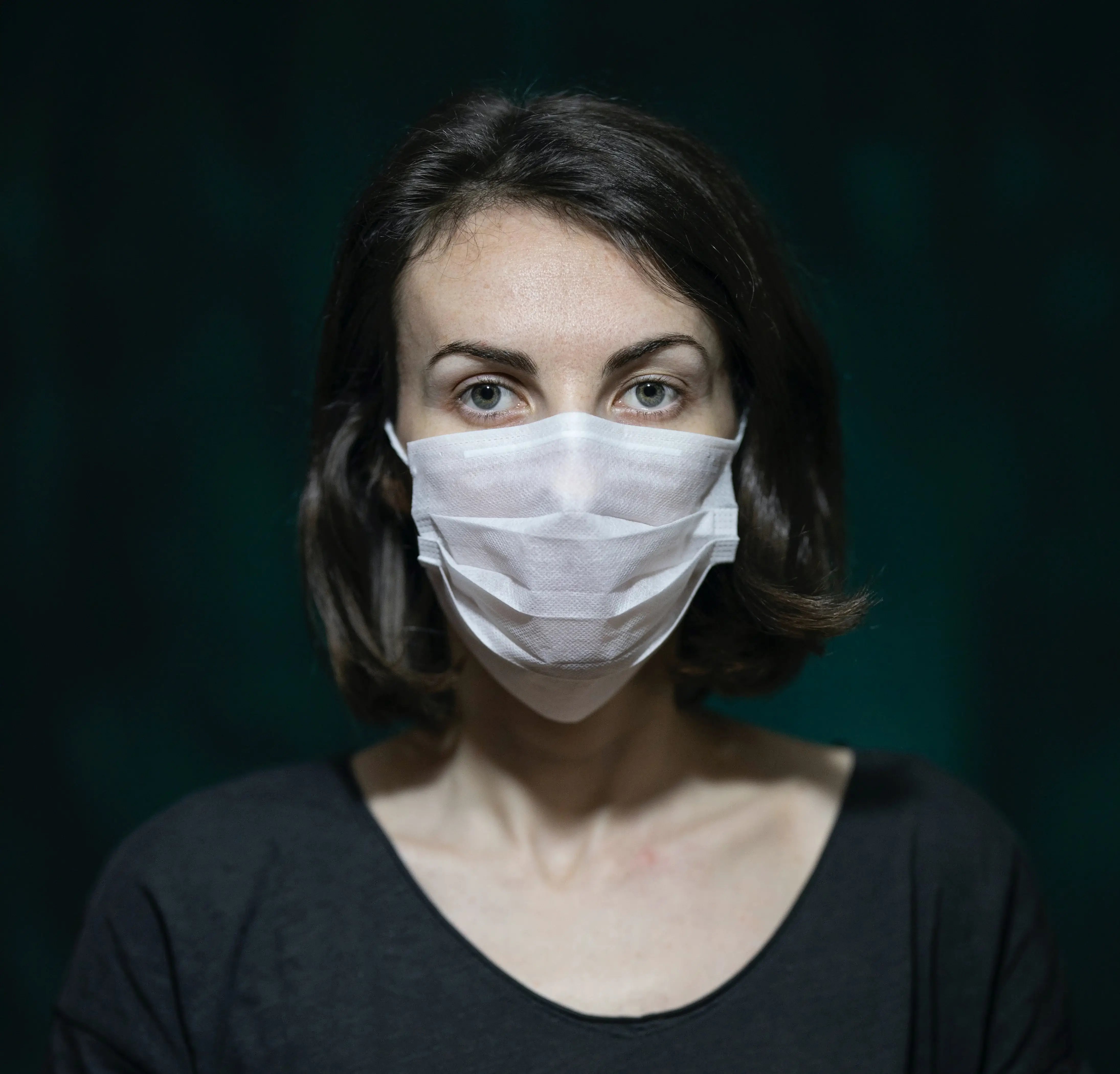
Why does nature loss increase the risk of pandemics like COVID-19?
COVID-19 is not an isolated event, it will happen again unless we take urgent action to fix our broken relationship with nature.
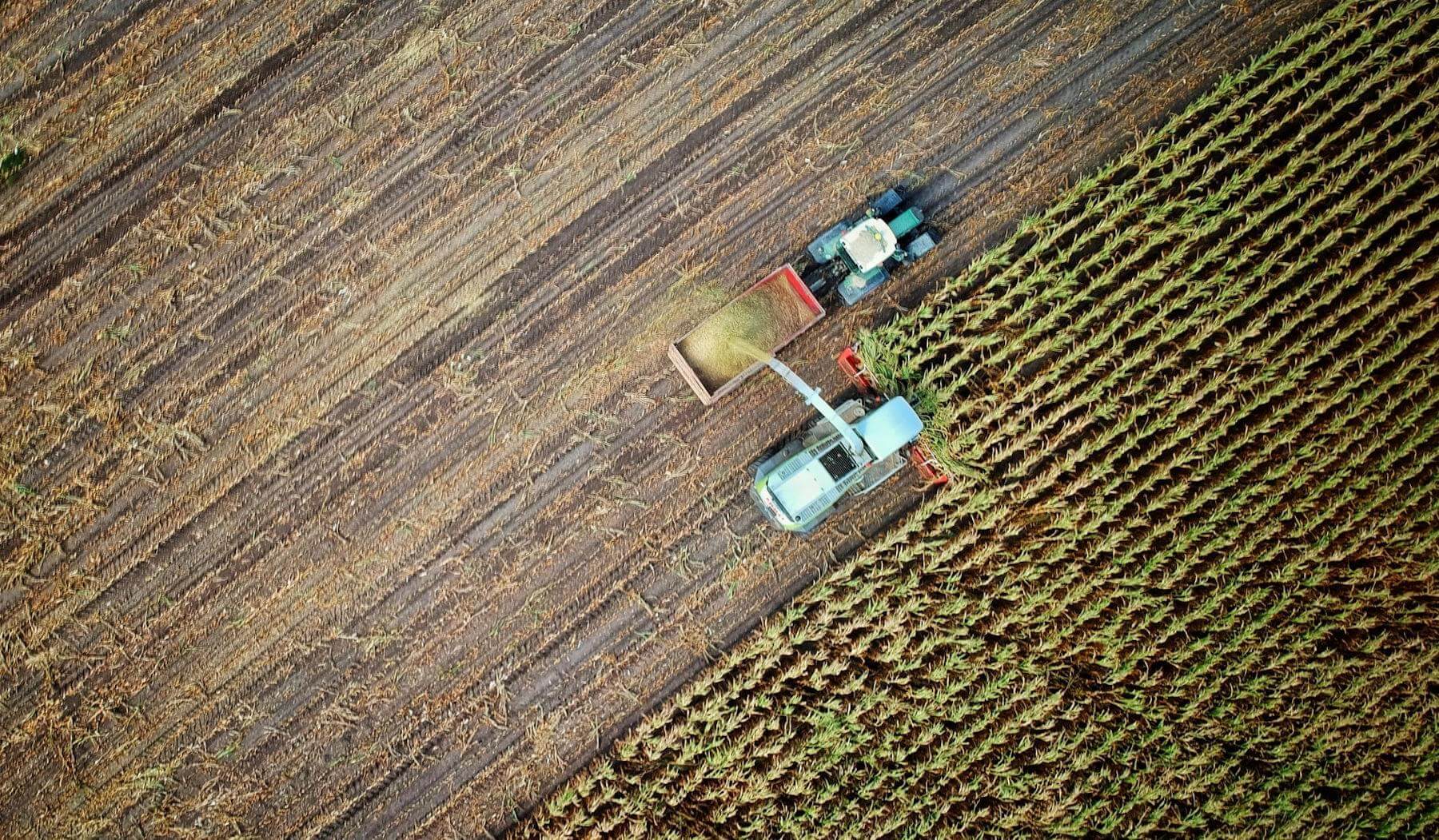
Why is food production the single biggest threat to nature today?
way we do it today is the main cause of deforestation and biodiversity loss today. The good news is that there are huge opportunities to feed the world in a way that works with nature, not against it.
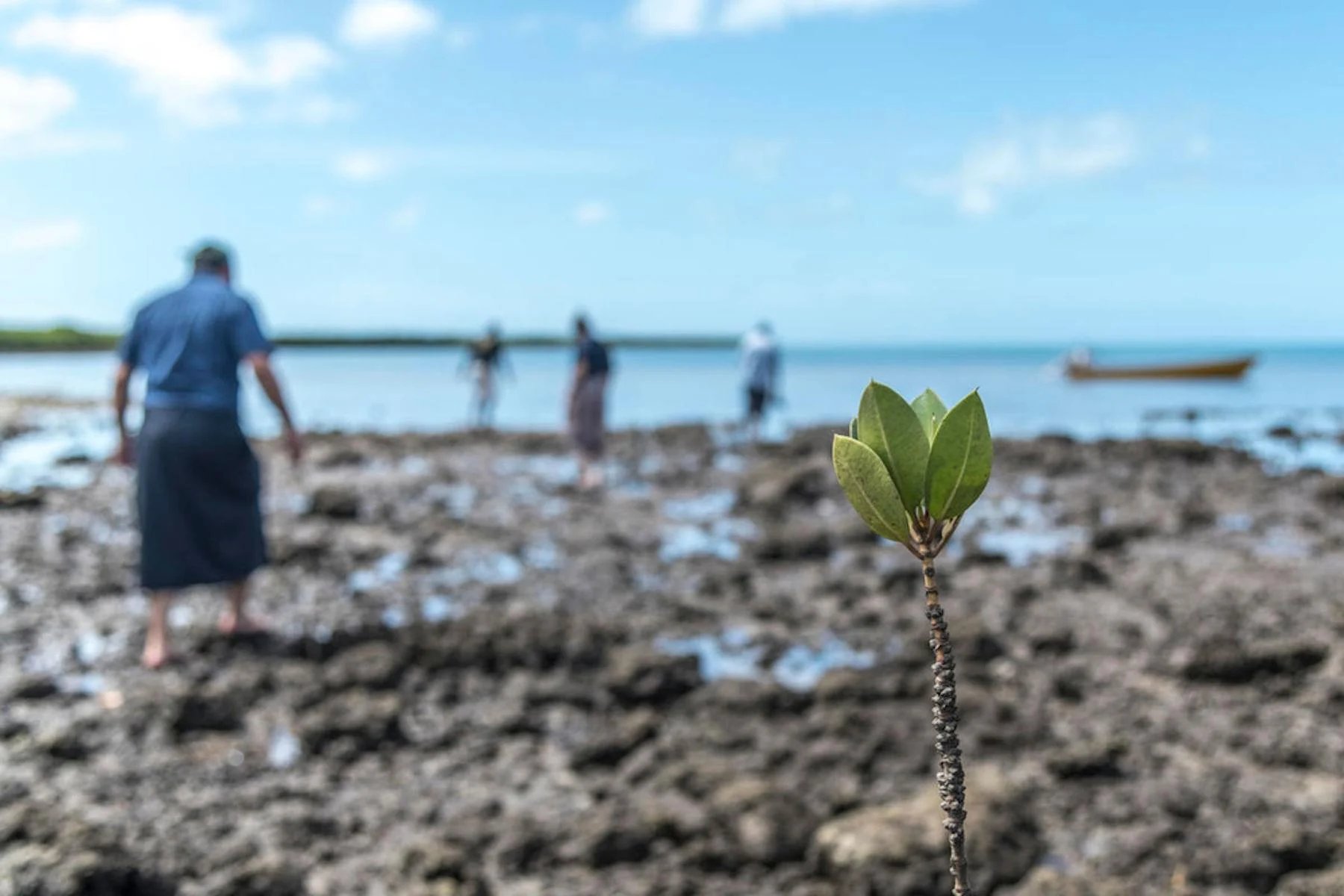
Why is nature our biggest ally against the climate crisis?
The challenges of nature loss and climate change are linked - but so are their solutions. And there is one solution right under our nose that we have been overlooking - nature itself.
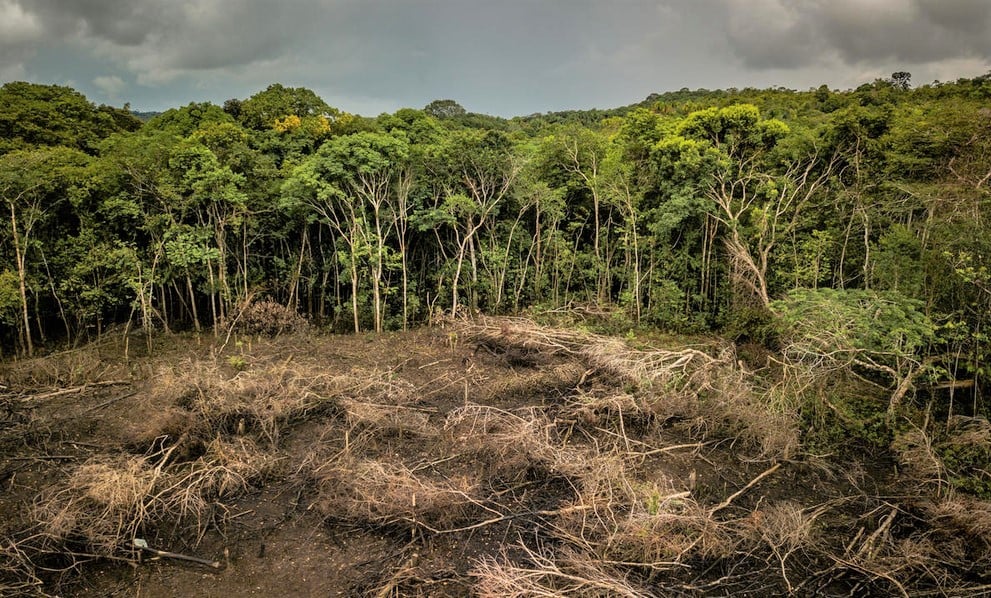
Why are we losing nature?
For a long time, it was still possible to say ’more science is needed‘ to understand how exactly human activities were harming the natural world. Not anymore.
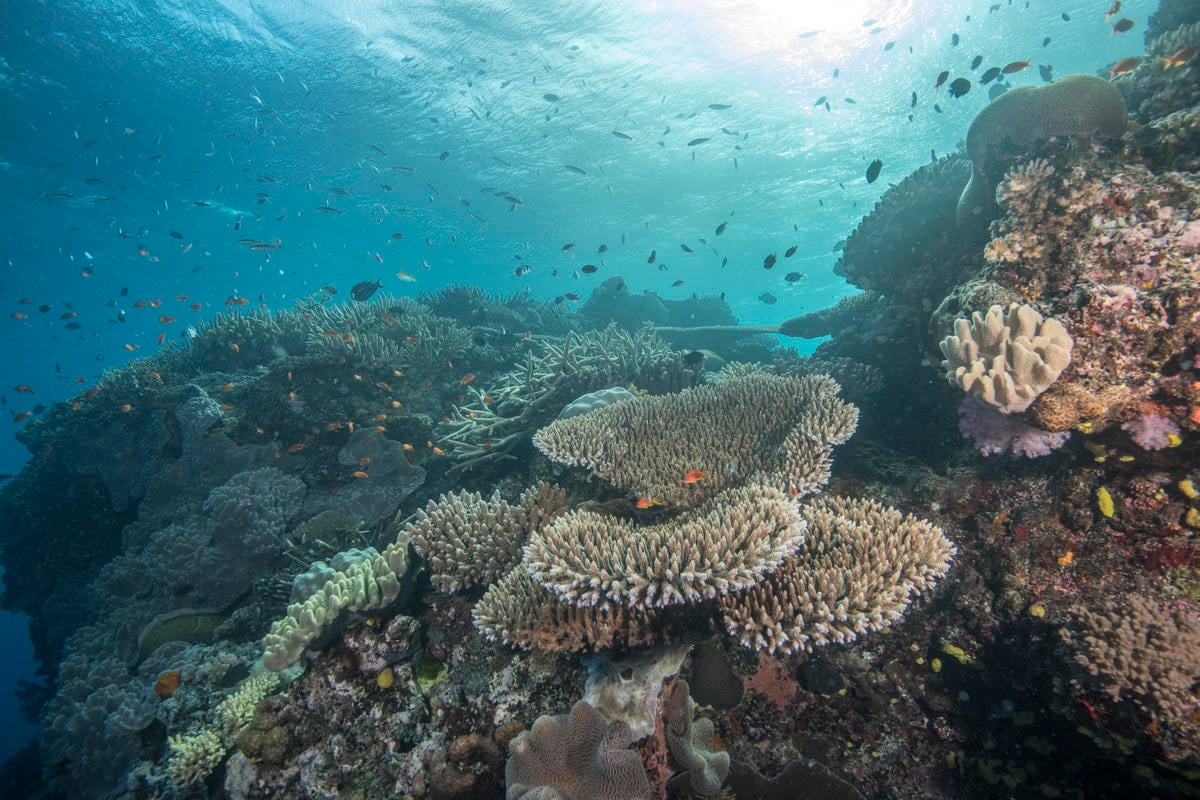
What is biodiversity and why is it important?
One word sums up the incredible variety of animals and plants on Earth. It's the magic ingredient that enables the world to work smoothly.
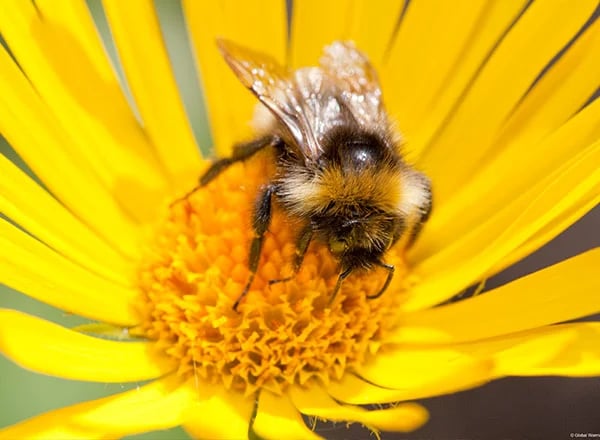
Why should I care about biodiversity loss?
We’ve all seen photos of rainforests destroyed. Rivers littered with plastic. Headlines of wildfires and species going extinct. Biodiversity loss may not be happening at our doorstep, but it should hit close to home. Here’s why you should care, no matter where you are in the world.

Why does nature loss increase the risk of pandemics like COVID-19?
COVID-19 is not an isolated event, it will happen again unless we take urgent action to fix our broken relationship with nature.

Why is food production the single biggest threat to nature today?
way we do it today is the main cause of deforestation and biodiversity loss today. The good news is that there are huge opportunities to feed the world in a way that works with nature, not against it.

Why is nature our biggest ally against the climate crisis?
The challenges of nature loss and climate change are linked - but so are their solutions. And there is one solution right under our nose that we have been overlooking - nature itself.

Why are we losing nature?
For a long time, it was still possible to say ’more science is needed‘ to understand how exactly human activities were harming the natural world. Not anymore.

What is biodiversity and why is it important?
One word sums up the incredible variety of animals and plants on Earth. It's the magic ingredient that enables the world to work smoothly.

Why should I care about biodiversity loss?
We’ve all seen photos of rainforests destroyed. Rivers littered with plastic. Headlines of wildfires and species going extinct. Biodiversity loss may not be happening at our doorstep, but it should hit close to home. Here’s why you should care, no matter where you are in the world.

Why does nature loss increase the risk of pandemics like COVID-19?
COVID-19 is not an isolated event, it will happen again unless we take urgent action to fix our broken relationship with nature.

Why is food production the single biggest threat to nature today?
way we do it today is the main cause of deforestation and biodiversity loss today. The good news is that there are huge opportunities to feed the world in a way that works with nature, not against it.

Why is nature our biggest ally against the climate crisis?
The challenges of nature loss and climate change are linked - but so are their solutions. And there is one solution right under our nose that we have been overlooking - nature itself.
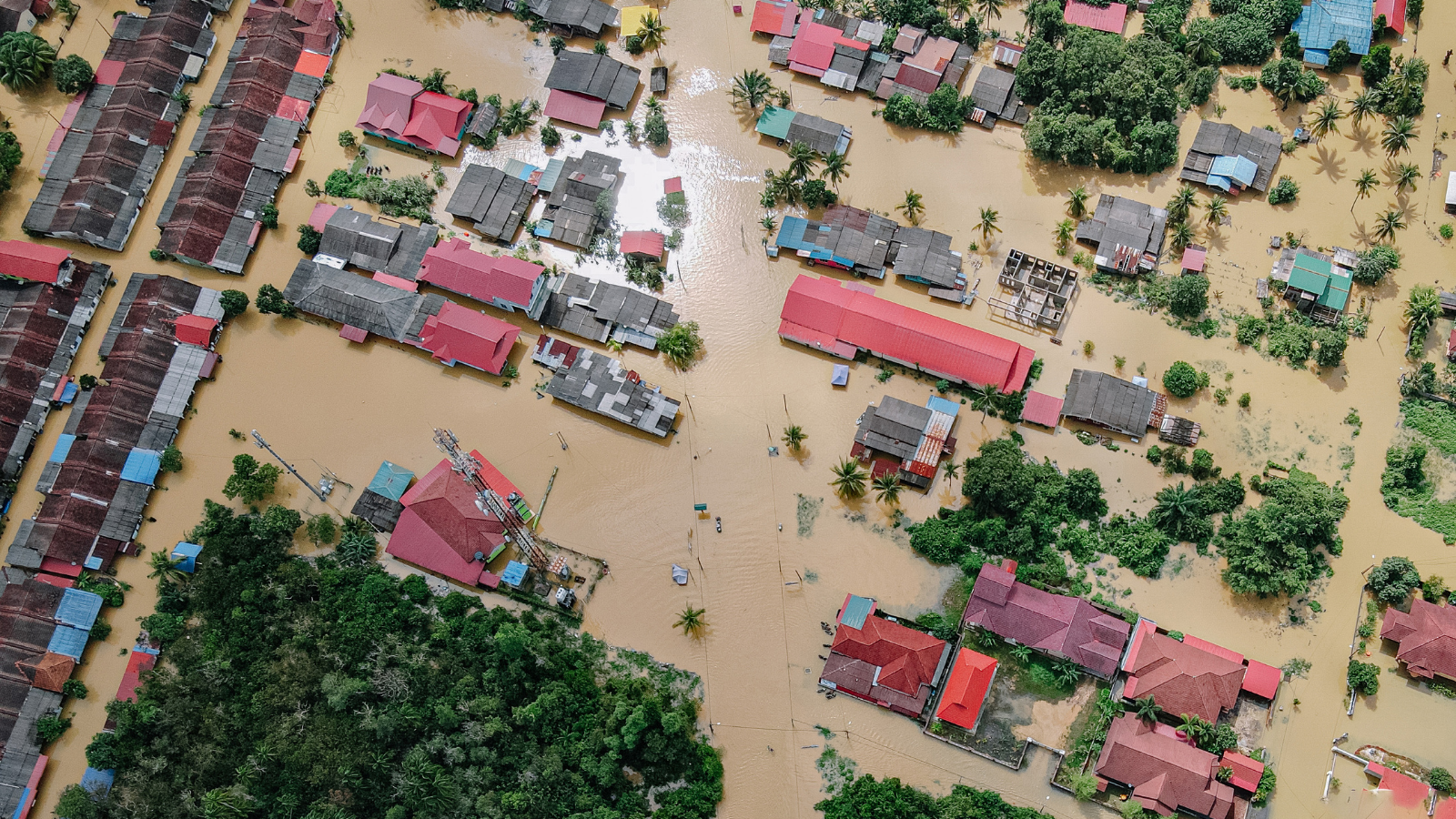
What happens if the planet warms by 2°C?
Half a degree doesn't sound like much, but for our planet that relies on a stable climate, half a degree is a very big deal. Here's what could happen to our planet if it heats by 2°C compared to 1.5°C.
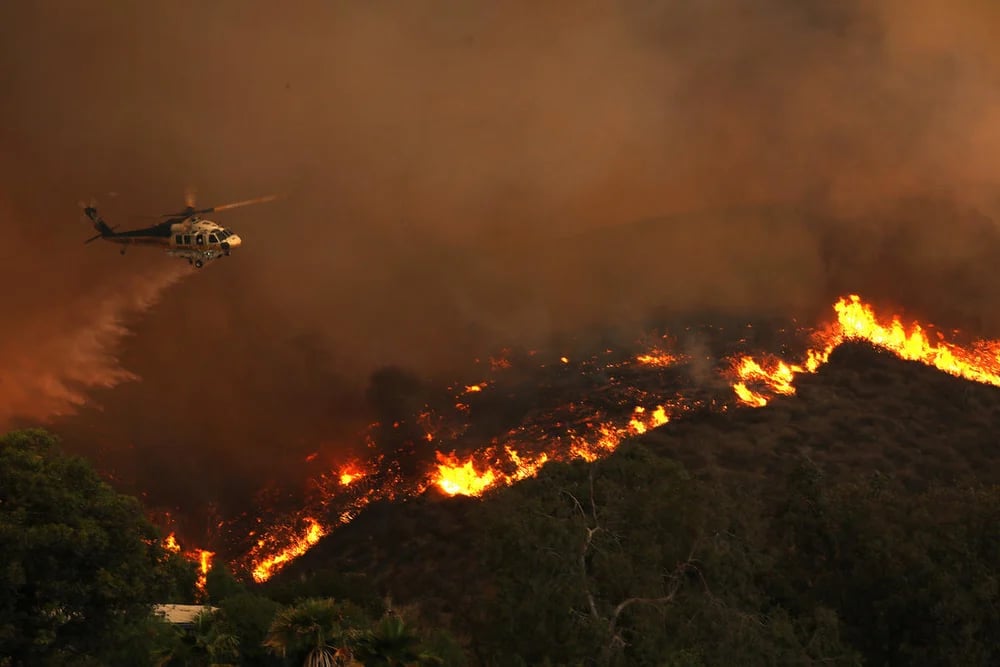
What are some common myths about the climate crisis?
With the climate crisis becoming a hot topic in mainstream media - there's a lot of confusion around what climate change actually is. Here are some frequently heard myths, so that you can tell fiction from fact!
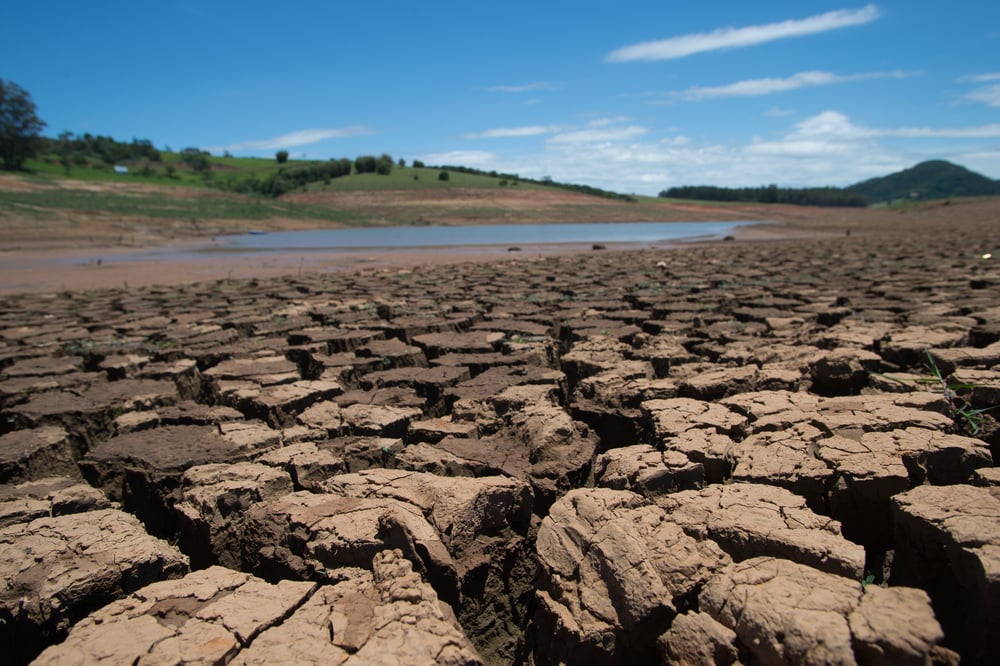
Why does climate change further drive nature and biodiversity loss?
Climate change impacts are being felt across all habitats and ecosystems - from the polar regions and oceans, to our freshwater, grasslands, savannahs and forests.
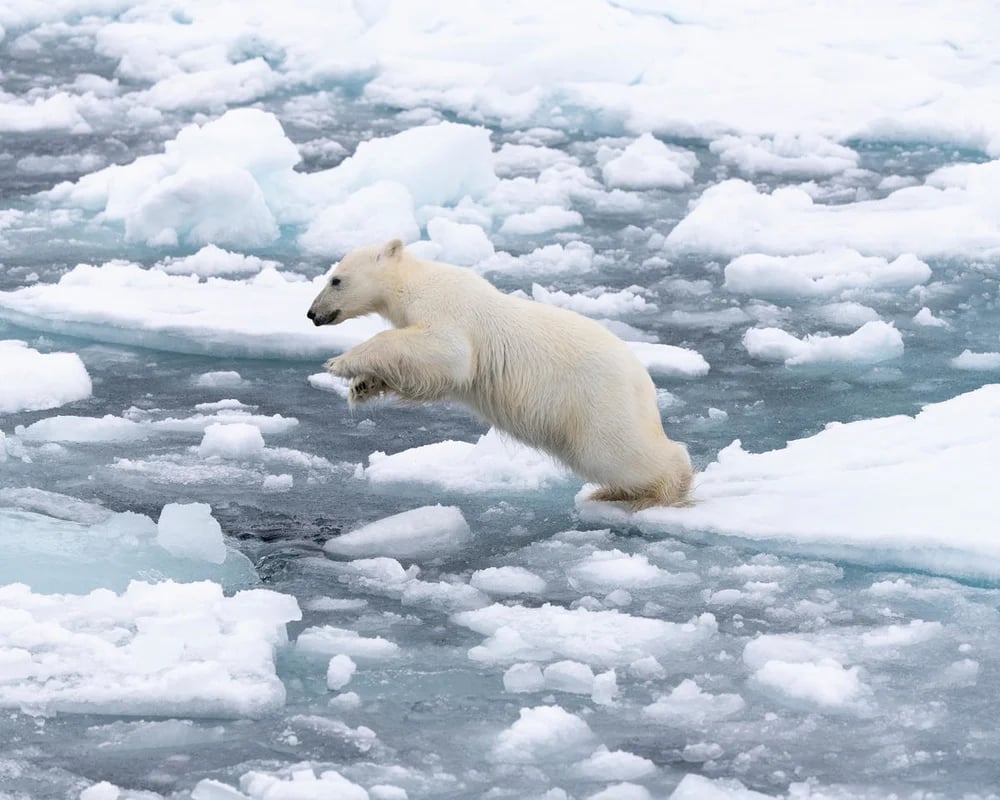
What is climate change?
The science is clear. Climate change is real. Climate change is happening now. Climate change requires immediate and ambitious action to prevent the worst effects it can have on people and wildlife all over the world.
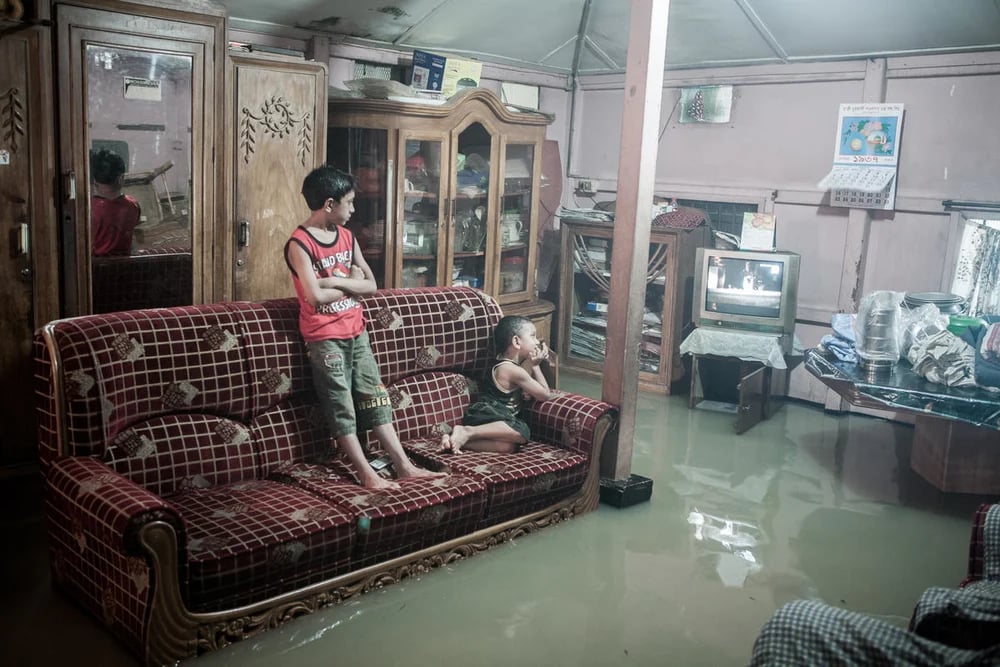
What are the effects of climate change?
From droughts, fires, flooding and heatwaves caused by extreme weather to the destruction of coral reefs due to changes in ocean temperature, the impacts of climate change will only worsen if the global temperature continues to rise.

What happens if the planet warms by 2°C?
Half a degree doesn't sound like much, but for our planet that relies on a stable climate, half a degree is a very big deal. Here's what could happen to our planet if it heats by 2°C compared to 1.5°C.

What are some common myths about the climate crisis?
With the climate crisis becoming a hot topic in mainstream media - there's a lot of confusion around what climate change actually is. Here are some frequently heard myths, so that you can tell fiction from fact!

Why does climate change further drive nature and biodiversity loss?
Climate change impacts are being felt across all habitats and ecosystems - from the polar regions and oceans, to our freshwater, grasslands, savannahs and forests.

What is climate change?
The science is clear. Climate change is real. Climate change is happening now. Climate change requires immediate and ambitious action to prevent the worst effects it can have on people and wildlife all over the world.

What are the effects of climate change?
From droughts, fires, flooding and heatwaves caused by extreme weather to the destruction of coral reefs due to changes in ocean temperature, the impacts of climate change will only worsen if the global temperature continues to rise.

What happens if the planet warms by 2°C?
Half a degree doesn't sound like much, but for our planet that relies on a stable climate, half a degree is a very big deal. Here's what could happen to our planet if it heats by 2°C compared to 1.5°C.

What are some common myths about the climate crisis?
With the climate crisis becoming a hot topic in mainstream media - there's a lot of confusion around what climate change actually is. Here are some frequently heard myths, so that you can tell fiction from fact!

Why does climate change further drive nature and biodiversity loss?
Climate change impacts are being felt across all habitats and ecosystems - from the polar regions and oceans, to our freshwater, grasslands, savannahs and forests.
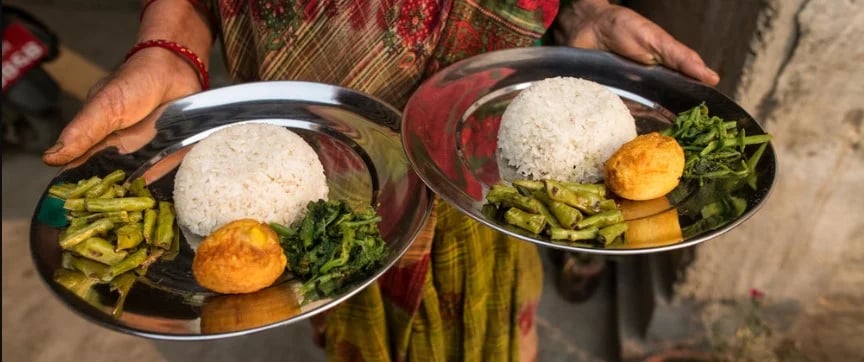
How can we eat more sustainably?
We all need to eat. But the way we consume and produce food is putting an impossible strain on the planet, while still causing many to go hungry.
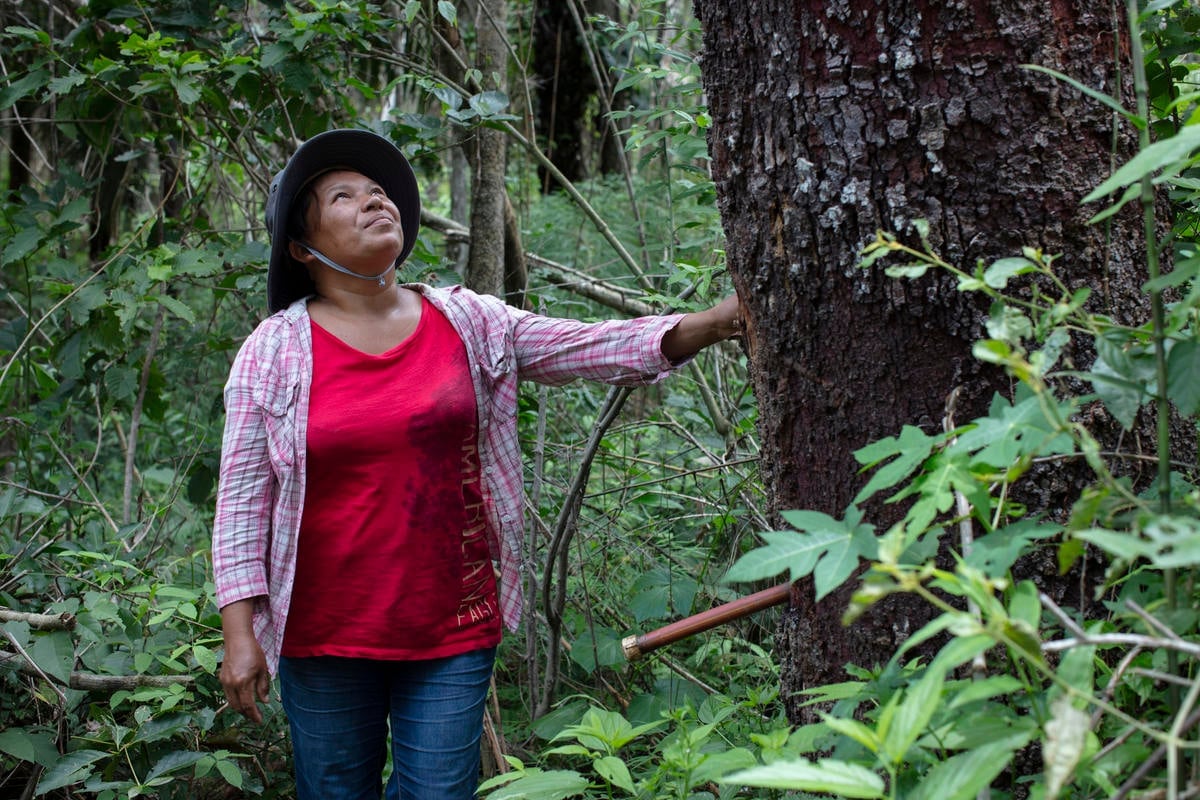
How can we put our planet on the path of recovery?
It’s simple - but we need to work together. Sir David Attenborough explains how humans can take charge of our future and save our planet.
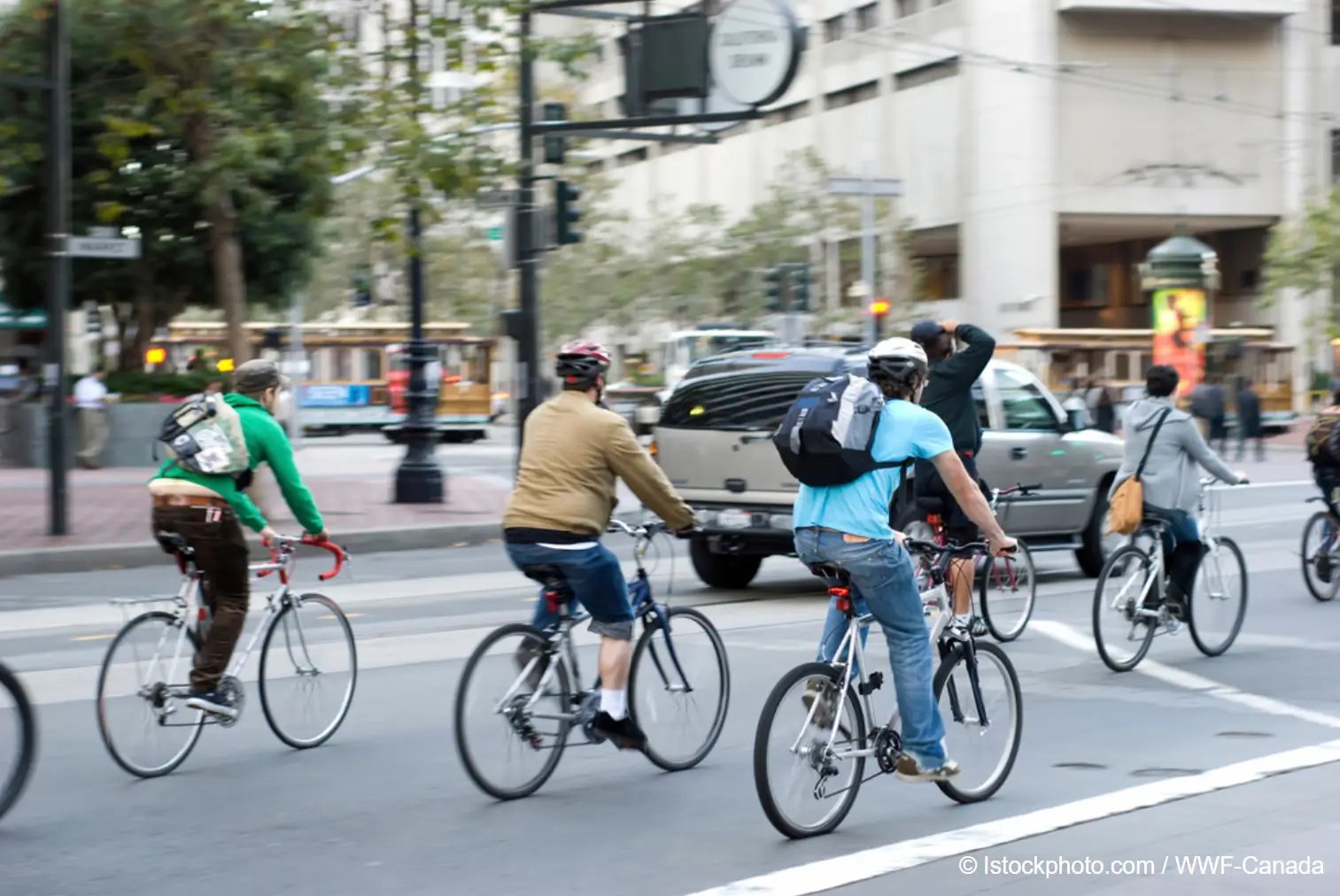
How can I reduce my carbon footprint?
We can all play a part in fighting the climate crisis. Small actions can have big impacts - and remember, it all adds up!
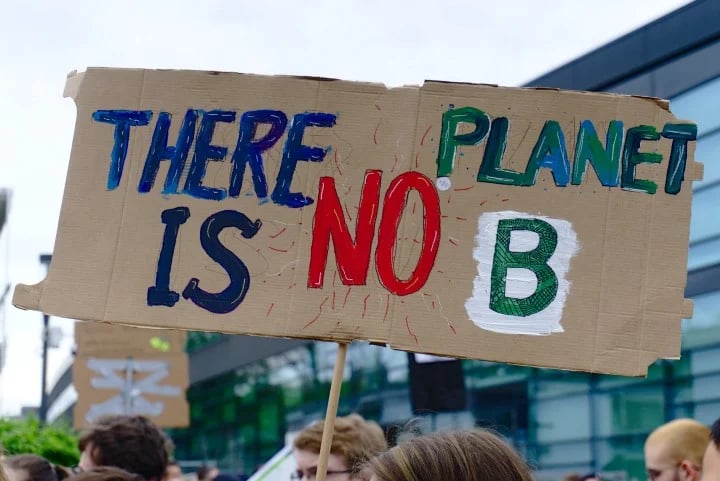
9 things you can do about climate change
With 8 billion of us on the planet, even the smallest individual actions add up to create immense impact.
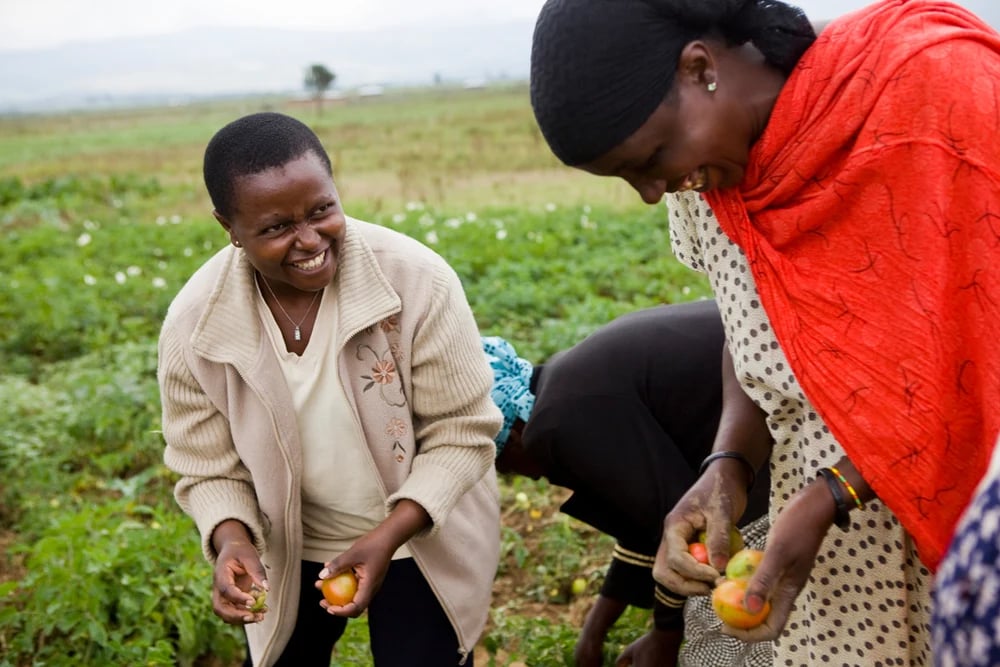
9 things you can do to protect nature
We are a part of nature - and simple personal decisions can have a universal domino effect.

How can we eat more sustainably?
We all need to eat. But the way we consume and produce food is putting an impossible strain on the planet, while still causing many to go hungry.

How can we put our planet on the path of recovery?
It’s simple - but we need to work together. Sir David Attenborough explains how humans can take charge of our future and save our planet.

How can I reduce my carbon footprint?
We can all play a part in fighting the climate crisis. Small actions can have big impacts - and remember, it all adds up!

9 things you can do about climate change
With 8 billion of us on the planet, even the smallest individual actions add up to create immense impact.

9 things you can do to protect nature
We are a part of nature - and simple personal decisions can have a universal domino effect.

How can we eat more sustainably?
We all need to eat. But the way we consume and produce food is putting an impossible strain on the planet, while still causing many to go hungry.

How can we put our planet on the path of recovery?
It’s simple - but we need to work together. Sir David Attenborough explains how humans can take charge of our future and save our planet.

How can I reduce my carbon footprint?
We can all play a part in fighting the climate crisis. Small actions can have big impacts - and remember, it all adds up!
